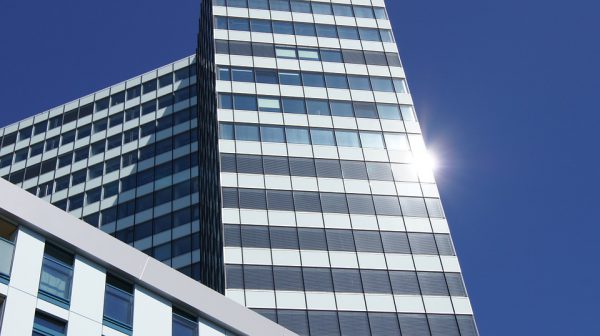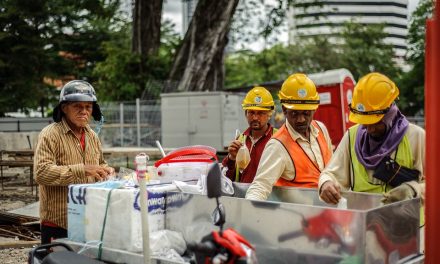Greater KL may become biggest office market in Asean
Greater Kuala Lumpur could become the biggest office space market in the Asean region this year, according to property consultancy Savills Malaysia. “With existing supply of 123 million sq ft, we are getting very close to Hong Kong’s 127 million sq ft. The additional 20 million sq ft due for completion by 2022 will put us in the lead, and it could happen this year,” Savills Malaysia executive chairman Datuk Christopher Boyd said. Office rentals in KL is expected to remain weak but will be supported by demand from the IT industry, co-working operators, the finance sector and upgraders. The retail sector, on the other hand is expected to be resilient particularly the beauty and wellness, accessories and niche grocery trade segments. (The Edge Markets)
Ewein Bhd set to embark on City of Dreams phase 2 in 2020
Property developer Ewein Bhd will be embarking on the second phase of the City of Dreams project in 2020 in Penang, leveraging on its success of its maiden City of Dreams project in the state. The company will be launching the second phase by the end of next year upon the completion of its first phase, which is expected by the end of this year. The second phase, also dubbed City of Dreams 2, will have a GDV of RM1.2 billlion which will be built on a 4.5 acre land. The GDV RM800mil City of Dreams phase one is being developed on a 3.67-acre seafront located in Bandar Tanjong Pinang overlooking Gurney Drive. The entire development is expected to be constructed over the span of 10 years with an estimated GDV of RM15 billion. (NST Online)
Property market to improve in 2019, particularly residential segment
The property market, which experienced a pick-up in activities in 2H2018, is expected to improve this year, particularly the residential segment, said Knight Frank Malaysia. In its Real Estate Highlights 2nd Half 2018 report, Knight Frank said that prices are generally holding firm in Kuala Lumpur’s prime housing market. Despite the gap between supply and demand coupled with rising financing cost, property developers are generally more optimistic thus more launches are expected this year and beyond. Knight Frank said the introduction of alternative financing through property crowdfunding will further assist first-time home buyers but emphasised the importance of governing the platform with stringent guidelines to avoid potential sub-prime mortgage crisis. Malaysia’s residential properties will continue to be attractive in the eyes of foreign buyers as a result of liberal policies, reasonable valuations and coupled with no extra stamp duties. (The Sun Daily)
Taman Rimba Kiara development at standstill after parties fail to reach agreement
The proposed development project in Taman Rimba Kiara has come to a standstill with no consensus reached over the matter. Federal Territories Minister Khalid Abdul Samad said the meeting with the joint working committee comprising Taman Tun Dr Ismail residents, Bukit Kiara longhouse residents and government agencies could not come to a unanimous agreement. TTDI residents wanted the project to be scrapped, while the longhouse residents wanted Kuala Lumpur City Hall (DBKL) to build the houses under DBKL expenses. In 2016, TTDI residents objected to a proposed nine-block, high-end serviced apartment and a 29-storey block of affordable housing for Bukit Kiara longhouse residents. (The Star Online)
With farms atop malls, Singapore prioritises food security
Visitors to Singapore’s Orchard Road, the city’s main shopping belt, will find fancy malls, trendy department stores, abundant food courts – and a small farm. Comcrop’s 6,450 sq ft farm on the roof of one of the malls uses vertical racks and hydroponics to grow leafy greens and herbs such as basil and peppermint that it sells to nearby bars, restaurants and stores. The farm’s small size belies its big ambition: to help improve the city’s food security. The firm believes high-tech urban farms are the way ahead for the city, where more land cannot be cultivated. Agriculture makes up only about 1% of its land area, so better use of space is key. Urban agriculture is increasingly being recognised as a legitimate land use in cities, offering a multitude of benefits, from increased food security and improved nutrition to greening of spaces. (Free Malaysia Today)

Comcrop’s rooftop farm in Singapore (Photo from Today Online)





